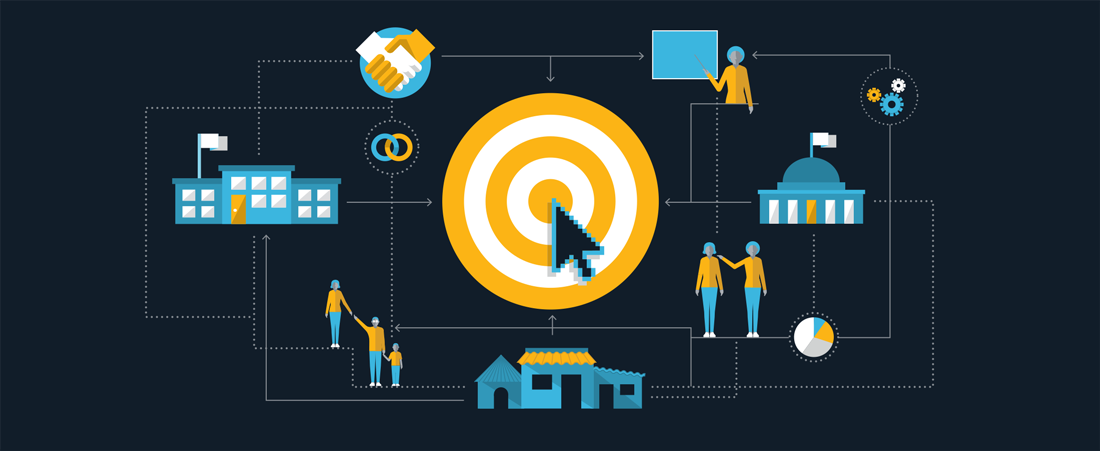
EDC’s projects are informed by our expertise in dissemination and implementation science, as well as by the experiences and wisdom of program staff and community members. We are skilled in identifying, addressing, and overcoming barriers to implementation that impede uptake, delivery, and dissemination of best practices.
In countries around the world, we have successfully implemented youth development, literacy, and health initiatives and worked with Ministries of Education and Health to improve school and health programming. In the United States, we support the implementation of evidence-based strategies, both nationally and regionally. We also work with large school districts and health systems on efforts to adopt and sustain effective interventions.
Our collaborative implementation efforts support meaningful improvements in processes and systems.
Projects
Resources
This packet of materials provides action steps to help prevent opioid misuse and overdose among student athletes and highlights resources for addressing possible alcohol or opioid misuse or addiction.
Based on extensive research and collaboration with teachers, coaches, and schools, this book guides middle school mathematics teachers in building on multilingual learners’ strengths to ensure they thrive in mathematics class.
As Zambia’s out-of-school orphan population soared to 800,000 in 2000, the United States Agency for International Development (USAID) supported the creation of the Taonga Market Interactiv
This paper describes the work of the Home Visiting Collaborative for Improvement and Innovation Network (HV CoIIN).
Technology has proven to be one of the missing links in order to guarantee educational and workforce improvement in developing countries.
This 2-page document summarizes the successes of the Decentralized Basic Education Program Objective 2, which helps communities improve their schools, teachers improve their teaching, and students
This report presents highlights and findings from EDC’s administration of the MetroWest Adolescent Health Survey to 24,355 high school students in 26 Massachusetts communities in 2014.
This report details the work of the Akazi Kanoze (AK) Youth Livelihoods Project, which was funded by the U.S. Agency for International Development and implemented by EDC.
USAID Huguka Dukore Akazi Kanoze is helping to address youth unemployment by improving youth workforce readiness and employment opportunities for thousands of youth across Rwanda. This annual report presents an overview of the project as well as milestones reached during Year Two of implementation.
This cost analysis study of the Akazi Kanoze 2 work readiness program in Rwanda was carried out from October 2015 to October 2017.
